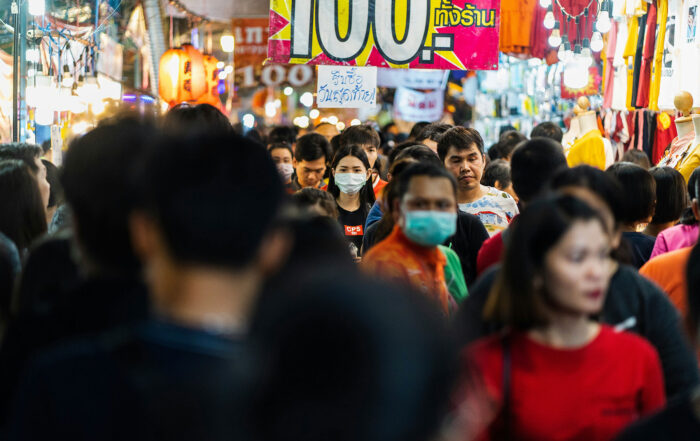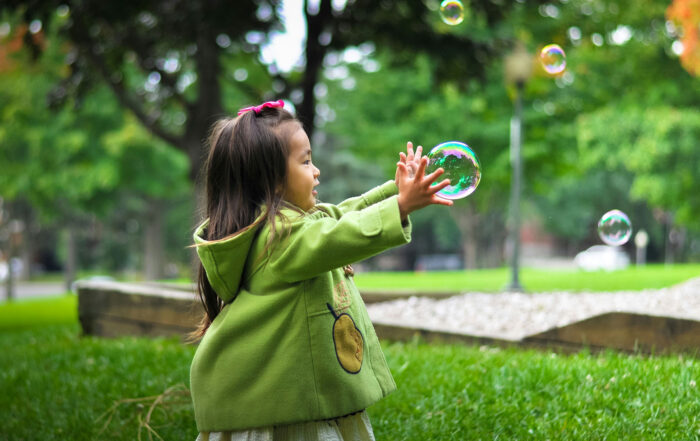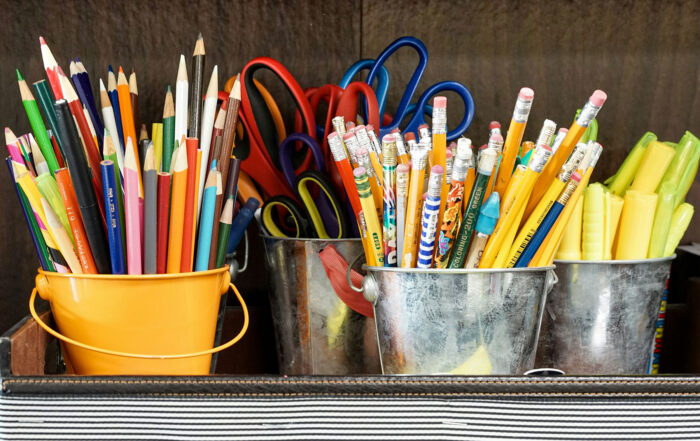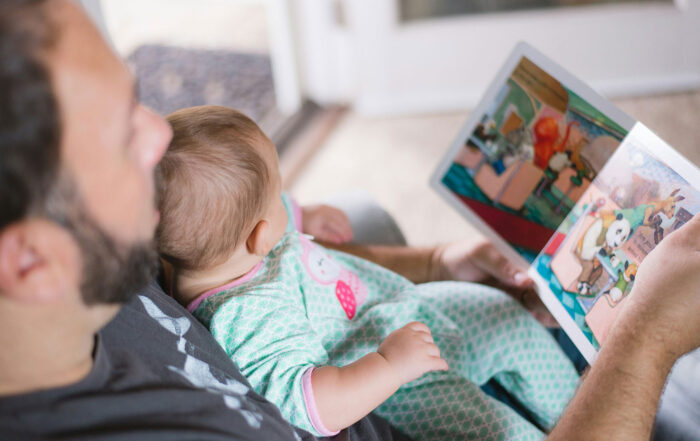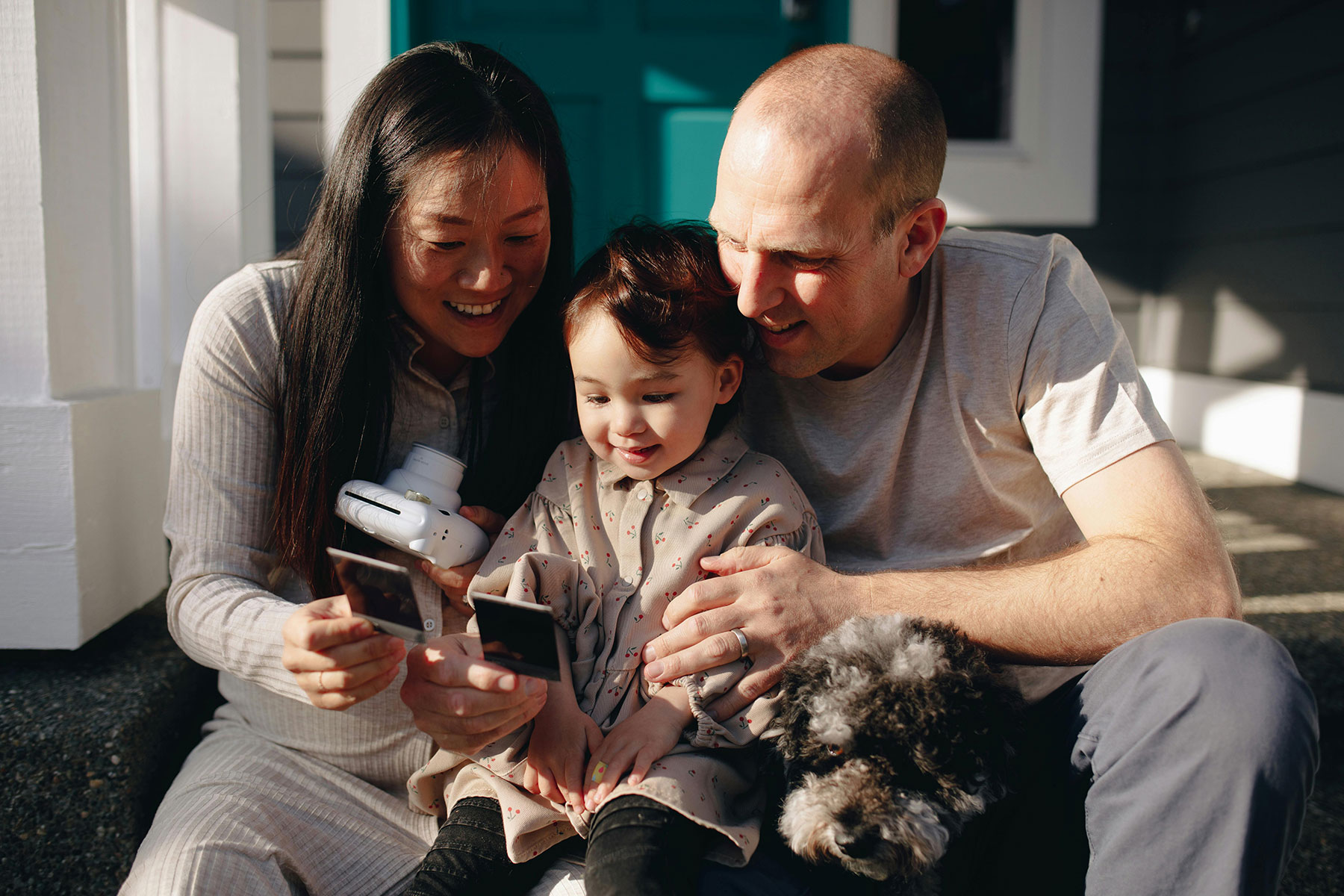
By Maria Popova
“A purely disembodied human emotion is a nonentity,” William James asserted in his revolutionary 1884 theory of how our bodies affect our feelings. Two generations later, Rilke wrote in a beautiful letter of advice to a young woman: “I am not one of those who neglect the body in order to make of it a sacrificial offering for the soul, since my soul would thoroughly dislike being served in such a fashion.” And yet in the century since, we’ve made little progress on making sense — much less making use — of the inextricable dialogue between the physical body and the psychoemotional interior landscape we shorthand as “soul.”
Nowhere is this relationship more essential yet more endangered than in our healing from trauma, and no one has provided a more illuminating, sympathetic, and constructive approach to such healing than Boston-based Dutch psychiatrist and pioneering PTSD researcher Bessel van der Kolk. In The Body Keeps the Score: Brain, Mind, and Body in the Healing of Trauma (public library), he explores “the extreme disconnection from the body that so many people with histories of trauma and neglect experience” and the most fertile paths to recovery by drawing on his own work and a wealth of other research in three main areas of study: neuroscience, which deals with how mental processes function within the brain…
Share This Post!
California Surgeon General on Covid: ‘Greatest collective trauma’ of a generation
By Maanvi Singh When Dr. Nadine Burke Harris was first appointed California surgeon general, she set out to address the toxic stress and trauma plaguing the state’s most vulnerable residents. Then [...]
States Address ACEs and Trauma and Build Resilience
By Anna Heard Adverse childhood experiences (ACEs) are potentially traumatic events that can affect a person’s health, well-being and success into adulthood. The COVID-19 pandemic has exacerbated these dynamics by disrupting [...]
Adult ADHD and Childhood Trauma: Is there a link?
By Keri Wiginton If you’re an adult with ADHD, you’re among millions of other grownups who also live with it. Scientists know your genes play a major role in your chances [...]
Uvalde Shooter exhibited ‘almost every warning sign’ expert says
By Nadine El-Bawab The Texas House of Representatives committee report on the Robb Elementary School shooting revealed the accused school shooter exhibited many warning signs in the years, months and days leading [...]
Traumatic Bonding
By Kelly L. Burns, MA, LPC, ATR-P A traumatic bond occurs when you are involved in an abusive relationship, and the abuser becomes an essential part of your life. Abusive relationships [...]
Ukraine’s First Lady Olena Zelenska Takes On the Trauma Of War
By Simon Shuster/Kyiv lena Zelenska, the First Lady of Ukraine, got to bed late on the eve of the Russian invasion. Her kids were long asleep in the presidential residence south [...]


